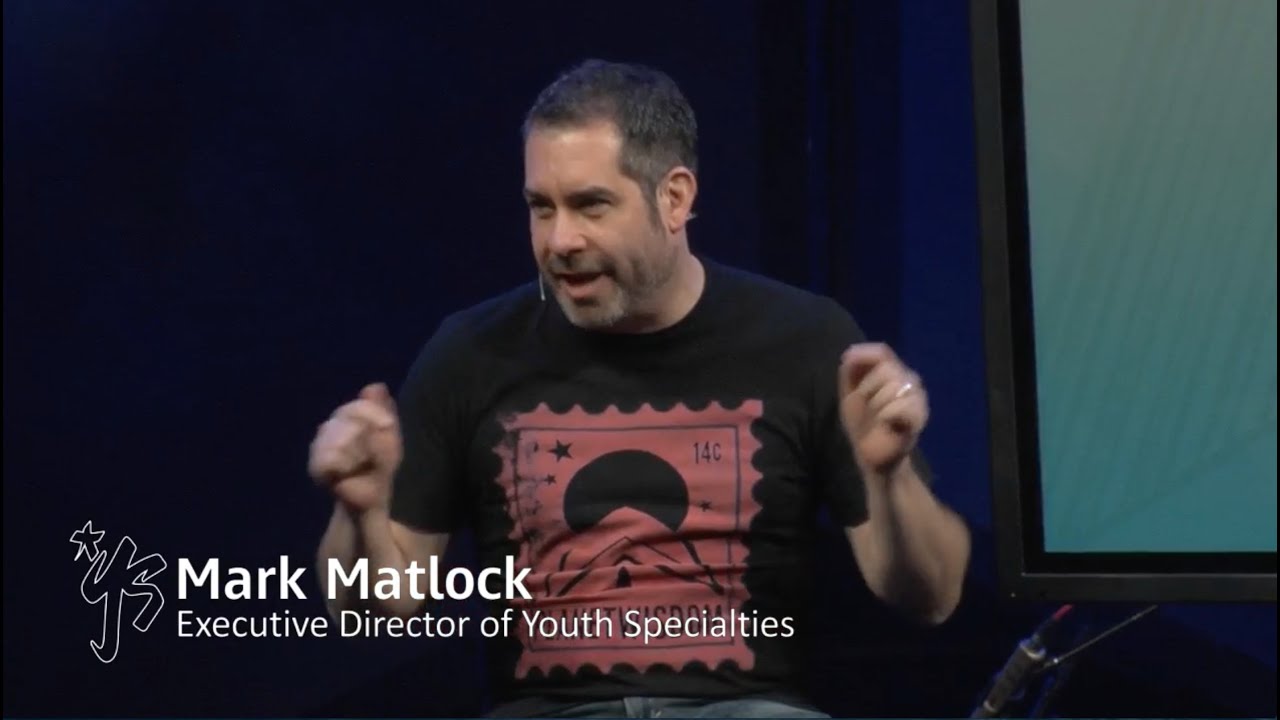What Should Be The Role Of Youth Ministries Of Churches In Guiding The Youth?
A maturity level religious ministries of faith groups or other religious organizations that serve young people between the ages of 12 and 30 are known as youth ministries, which are also known as youth groups in some circles.
Author:Bernard HorneApr 17, 202291.9K Shares1.2M Views

A maturity level religious ministries of faithgroups or other religious organizations that serve youngpeople between the ages of 12 and 30 are known as youth ministries, which are also known as youth groups in some circles. Youth ministry's missionis to involve and interact with young people who attend their places of worship or who live in their community.
Fellowship Bible Church's Youth Ministries
Welcome to FBC's Youth Ministries! A major goal of the ministries is to work in partnership with parentsin order to develop middle and high school kids into mature servants of God. Towards this end, they include components like spiritual growth, worship, and service into the normal ministry activitiesand events in order to bring it to fruition.
A Vision For The Field Of Youth Ministry
The churchwants to see youth ministry that is rooted in the mission of God and the Church, and that is geared toward the development of Christian discipleship in young people.
Also on the church's wish list are youth ministries that are anchored in grace, that are part of a wider comprehensive visionof intergenerational discipleship, and that are built on solid foundations for leadership development. As a result of this understanding, the following two definitions may assist them in casting a visionfor youth ministry.
Discipleship
People need to be met where they are and taken where they need to go. This is what discipleshipis all about. This world is hurting, and the church yearns to be disciples who mature into the blessings and sorrows given to them by God. They are grateful for the opportunity to be involved in discipling relationships with teenagers, and they want to do it with honesty and authenticity as they walk together (recognizing how central relationships are to the discipling process).
Groups
They think that effective youth ministry takes place within groups of individuals who have been transformed by grace and who are devoted to preparing God's people for service. Everyone, from the very young to the very old, is a sinner who has been summoned. From the oldest to the youngest, every one of them is invited to progress in that grace throughout the course of their entire lives.
Youth Ministry Roles And Responsibilities
To intentionally lead students to see God as He has revealed Himself in the Scriptures: the one and only true God, infinitely glorious and worthy of worship; to equip students through the Scriptures to become more like God's rules; to reach out to unsaved students; and to support parents in their role as the primary disciple-makers of students in their homes is their mission.
The Holy Book is studied with students, worthy relationships are formed, students are empowered for spiritual growth and student leadership is developed, and students are mobilized to Spirit-led service in the church and community are encouraged to participate. Along the process, they also have a great deal of fun together!
They found a substantial link between well-integrated youth ministry and church participation in their research for Youth Specialties and YouthWorks. Both Youth Specialties and YouthWorks commissioned the church to survey senior pastors and youth ministry leaders to gauge the state of youth ministry. This is the initial wave of a multi-year project that will be fully released soon. These groups assist churches to reach teenagers through mission trips and youth worker training.
How Do You Start A Youth Ministry In A Church?
- Define Success. You can't thrive, or fail for that matter unless you know what victory means.
- Have a space for everyone to meet.
- Know your position, and yourself.
- Form a squad of leaders.
- Participate in your own self-growth.

5 Reasons The Church Needs Youth Ministry
Youth Ministry Priorities
Since Millennials are the largest unchurched generation in America, many churches prioritize youth ministry. Youth ministry is “one of the top priorities” for 61 percent of senior pastors, and “the top priority” for 7%. Despite the strong majority, one-third of pastors (32%) think it is just somewhat, not at all, or not a priority.
Interestingly, the size of the youth group is associated substantially with the pastors' priority level: churches that do not prioritize youth ministry have smaller youth groups. Although not causal, this implies a link between youth group size and prioritization. Youth ministry is more likely than usual to be a high priority for pastors of congregations with 50 or more students (81 percent and 71 percent, respectively). Youth ministry is somewhat (42%) or not too much of a concern for pastors in congregations with one to ten students (7 percent ). Larger churches are frequently more inclined to increase manpower and funds. Smaller young groups are less inclined to invest in youth ministry.
Conclusion
Young Americans are trying to learn loyalty in a post-Christian culture that is continually changing and questioning institutions like the church. The abundance of knowledge, competing worldviews, and peer rejection of the gospel make it difficult for young people to find purpose in a complicated culture, but it can be done through youth ministries in the church. Good guidance will definitely lead them to the right path.

Bernard Horne
Author
In this signature of the father, Jesus, and the holy spirit. Exploring how God’s Word challenges us to live 100% according to His will so that we can come to a life of victory!
Latest Articles
Popular Articles

